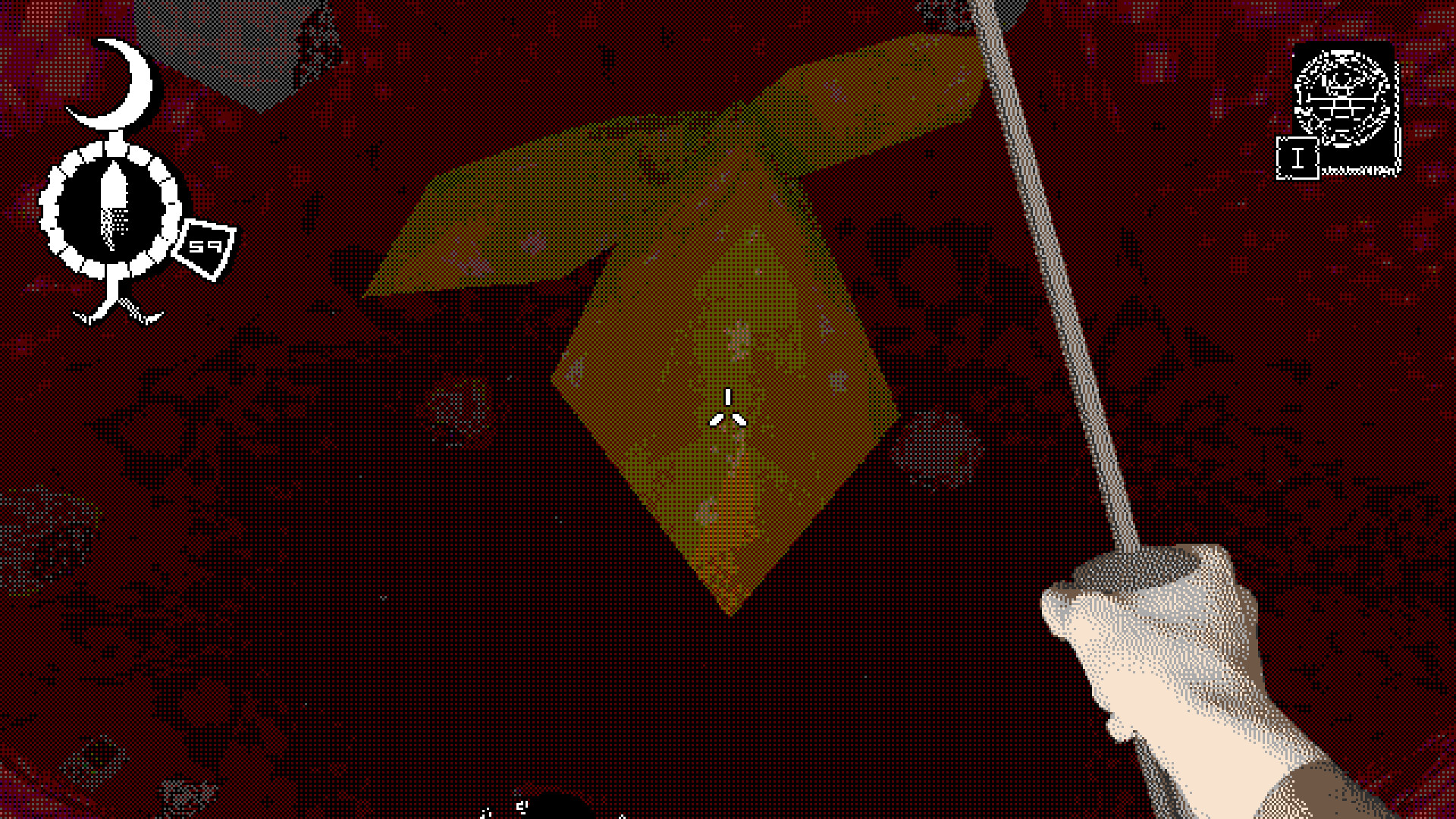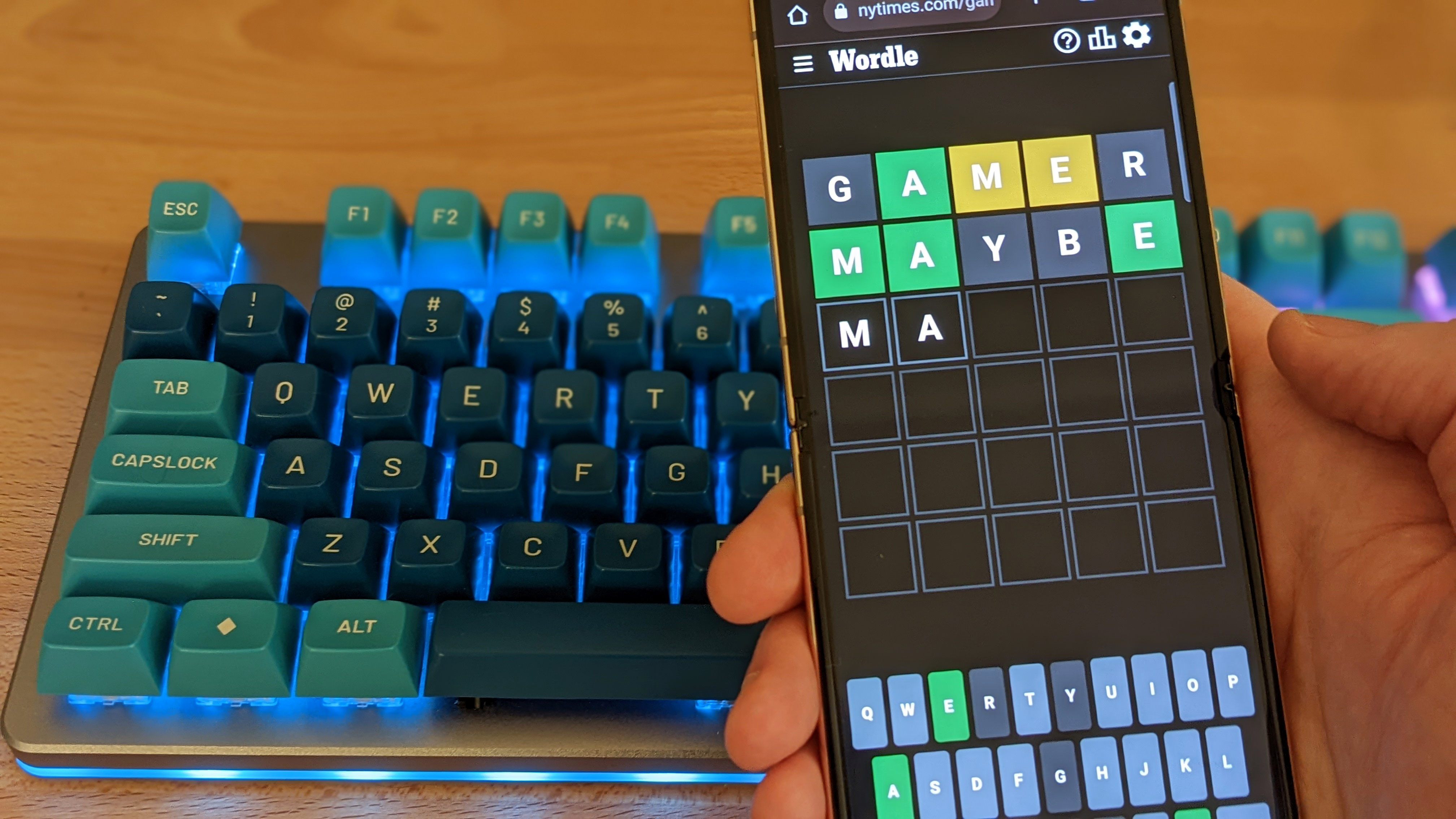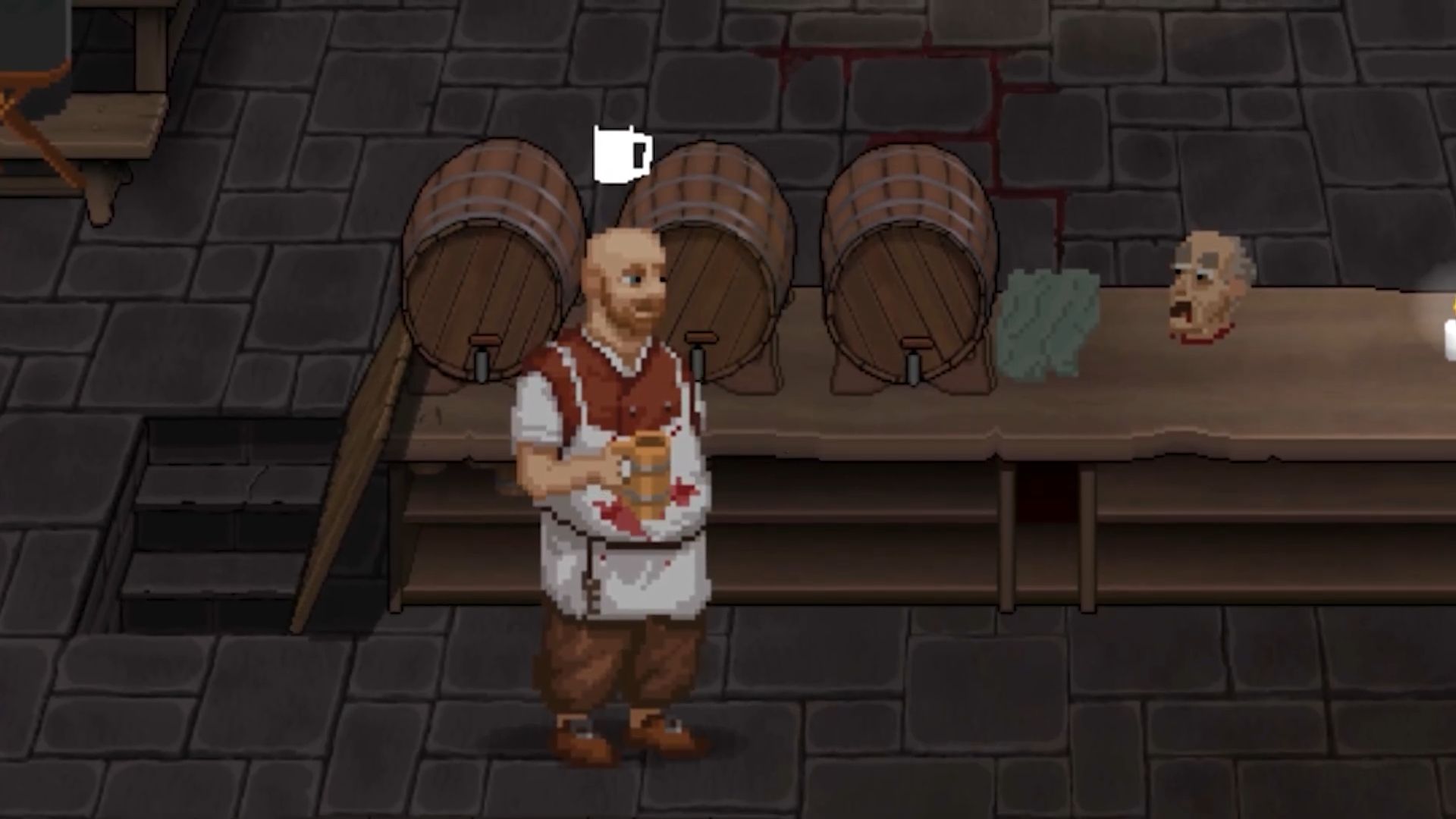
Pokémon Horizons: The Series Season 1 Review
A new era dawns with the aptly-named Pokémon Horizons: After 25 years, Ash Ketchum and Pikachu are no longer the central figures of the Pokémon anime. Changes in the media landscape make it unlikely that Horizons will generate a character as ubiquitous as Ash, and the new villains don’t have the simple-yet-bold flair of Team Rocket. But comparing Horizons to the Ash era any further does neither any favors. As a new start for the franchise, Horizons feels fresh, nostalgic, delightful, and energized. Also, critically, there’s a very good cat.
Pokémon Horizons doesn’t start completely from scratch. It wisely assumes some fundamental knowledge from its audience, regardless of age: You either already know what a Pokémon professor is, or you’re smart enough to piece it together from what’s on the screen. But beyond this base level of trust, Horizons is a new beginning with an all-new cast.
Our new protagonist, Liko, is a nervous, shy girl coming to a new school and struggling with her self-confidence. That new school is, somewhat confoundingly, completely out of the picture within two episodes – it seems Liko’s parents are rich enough to send her to an elite school on another continent for a couple weeks and then scrap the idea. But beyond that, she’s a refreshing lead. The way she holds herself back can sometimes feel frustrating and over the top, but her openness in talking about her uncertainty makes her incredibly empathetic.
Still, Liko can’t keep Horizons aloft on her own. Four episodes in, she’s given an incredible foil in the form of Roy. If Liko starts out awkward and quiet, Roy is loud and rambunctious. When he joins the cast, Horizon’s relationships begin to balance out and feel like something that can sustain momentum.
Liko and Roy are different from Ash and his various companions in one key way: While they’re both interested in becoming better Pokémon trainers, Liko especially doesn’t seem interested in gyms and battles. Neither character is trying to become a Pokémon Master. Instead, Horizons is propelled forward by a central mystery: the history and purpose of the bizarre artifacts in Liko and Roy’s possession. This gives Horizons a clear sense of purpose and propulsion, which is a welcome change of pace.
Horizons also distinguishes itself through the way Liko and Roy get around: They’re traveling on an airship with a group of adventurers called the Rising Volt Tacklers. These adult characters aren’t just window dressing – they’re key members of the regular cast with their own backstories, insecurities, and issues. While Pokémon Horizons doesn’t blend its more mature themes as seamlessly and meaningfully into its narrative as the excellent Pokémon Concierge, it’s clearly trying. Characters like Friede and Mollie acknowledge that multiple generations grew up watching Pokémon – and they’re still watching today.
Comparing Horizons to the Ash era any further does neither any favors.
Then again, you have to question whether you enjoy the human characters, or if you’re in love with their Pokémon partners. Horizons gives its protagonists the starter Pokémon from 2022’s Scarlet and Violet – a middling game that nonetheless introduced some S-tier pocket monsters. Liko has Sprigatito, a little grass cat who’s the central delight of Pokémon Horizons. It’s clear the creative team was ecstatic to have a cat in the series. There are many little shots of Sprigatito getting into classic cat hijinks, like kneading Liko’s bed, playing with her laundry, and jumping into sunny spots. There’s even talk of the toe beans on Sprigatito’s paws.
And then there’s Fuecoco. At the risk of veering into (somewhat obvious) spoilers, Roy’s first encounters with the fire-type Pokémon are genuinely touching. The character is a weird little gator ball, and thanks to actor Zeno Robinson – the MVP of the English dub’s cast – Fuecoco emits these deliciously absurd gator-ball screams. The sounds have all the delightful, giddy chaos of SpongeBob SquarePants’ “DoodleBob.”
As probably dictated by some kind of internal Pokémon Company law, a Pikachu also plays a prominent role on Horizons. While this could easily cross into an eye roll-worthy mascot tribute, Horizons’ Pikachu wears a sailor hat and a very smug smile, usually has its arms haughtily crossed, and insists on being addressed as “Cap” or “Captain.” Once more, Horizons wins against all odds.
Surprising victories aside, Horizons is far from perfect. The new villains, known as The Explorers, are mysterious to a fault – their members seem intelligent and capable, which makes their repeated failures feel unearned. The segments featuring in-world YouTuber Nidothing always feel forced. The animation usually looks great, but it’s not consistent – one zoom-in on Liko is even pixelated.
Surprising victories aside, Horizons is far from perfect.
Horizons also goes through the lags that you might expect from the average dub aimed at kids. (Expect any gap in the action to be filled in with dialogue.) And yet, for Netflix subscribers and viewers elsewhere, there’s still no legal way to watch Horizons in Japanese. A quarter century ago, Pokémon came onto the Western market in a world dominated by dubs. Now, the vast majority of anime can be watched subbed or dubbed at the viewer’s discretion. Pokémon’s newest mainline series was a chance to join this modern day trend – because even though it’s a “kid’s show,” the franchise is in the unique position of having a large adult fanbase with no objection to reading the dialogue. Horizons even continues the unfortunate trend of Pokémon anime completely replacing the music from the Japanese original, robbing some scenes of their full impact.






